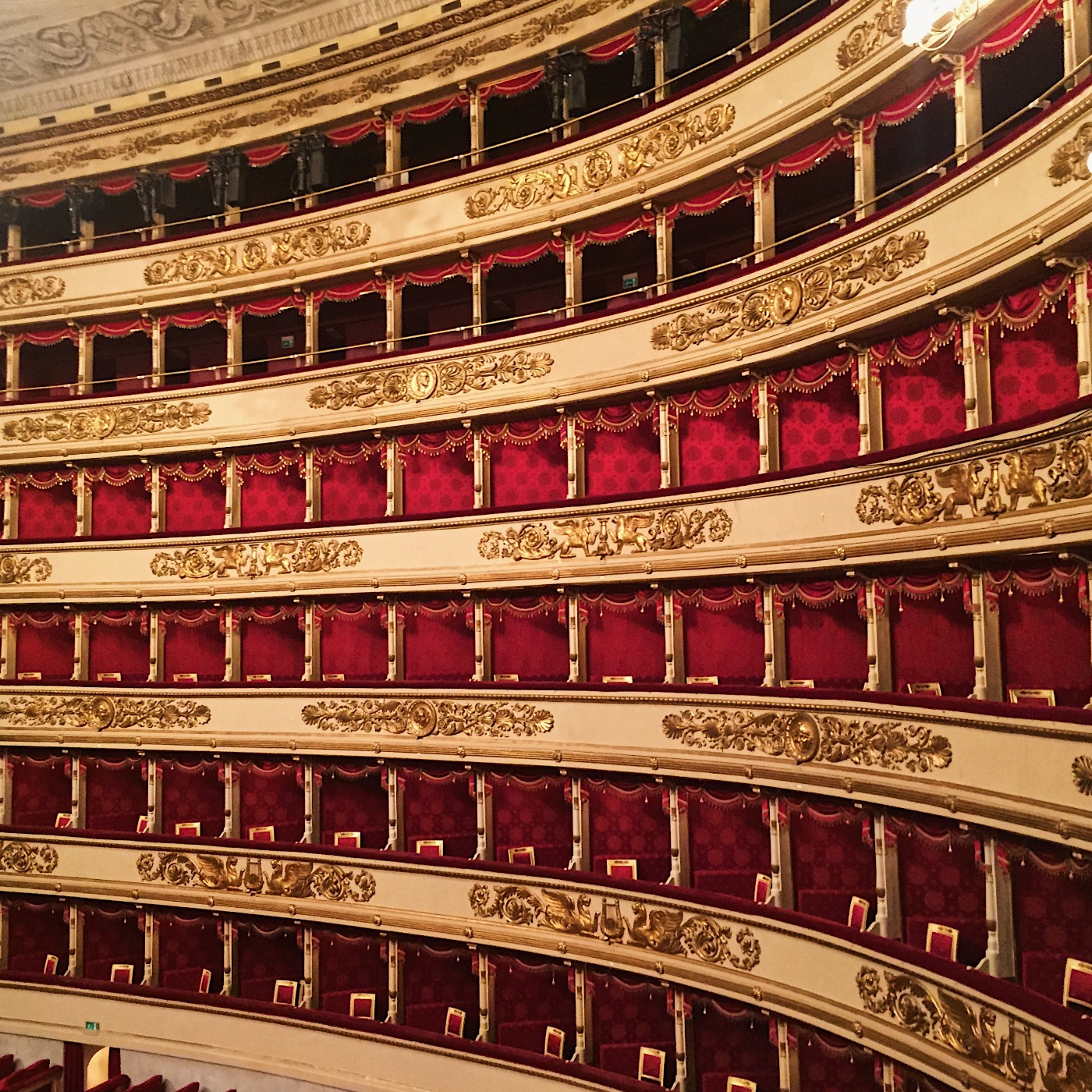49 - ÓPERA: RICHARD STRAUSS
0
0
1 Görünümler·
06/19/23
Richard Strauss ocupa un lugar sin igual en la ópera. En 1905 escribió SALOMÉ, una obra intensa y moderna que rompió con todas las normas de la ópera romántica. Sin embargo, muchas de sus óperas fueron profundamente románticas como EL CABALLERO DE LA ROSA de 1911. En el momento de su última ópera, CAPRICCIO de 1942, Strauss se sintió atraído hacia la música antigua de Rameau y Gluck. Muchos han intentado explicar por qué Strauss abandonó el vanguardismo.
Daha fazla göster
0 Yorumlar
sort Göre sırala

